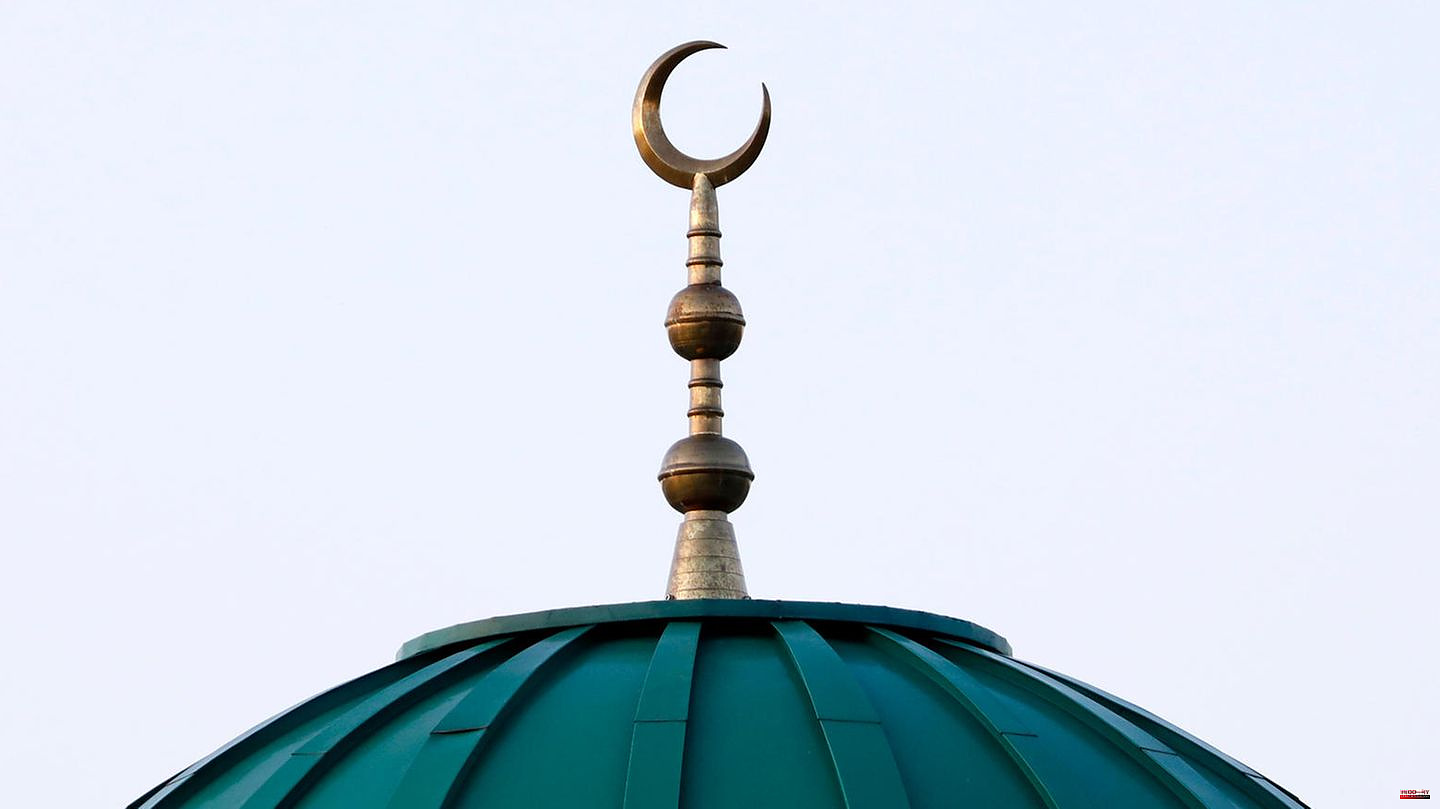In Islam, a fatwa is a legal opinion issued by an Islamic legal scholar known as a mufti. In a fatwa, certain questions and problems are answered on the basis of Sharia, i.e. the Islamic legal norm.
Through fatwas, Muslims can receive detailed explanations as well as instructions regarding questions of faith. The weight of such an opinion rests on the authority of the issuing mufti. Unlike a court ruling, a fatwa is binding only on those who recognize the author's authority.
Based on the Islamic current and thus the Mufti's school of law, fatwas from different experts on the same questions can be different and even contradictory. In such cases, Sunnis would, for example, follow the fatwa of a legal scholar from their own religious movement and not recognize the opinion of a Shiite cleric.
In countries where Sharia is the basis of the applicable legal system or is even equated with it - examples include Afghanistan, Egypt, Iran, Lebanon, Pakistan, Saudi Arabia - fatwas have a higher status and are sometimes distributed by the authorities.
Fatwas can address simple everyday issues, but can also have a serious impact, including death sentences. One of the most famous fatwas in the Western world is Ayatollah Khomeini's call to kill the writer Salman Rushdie in 1989. The then spiritual leader of Iran called on all Muslims to kill the British-Indian author because he had insulted Islam, the Koran and the Prophet Mohammed with his novel "The Satanic Verses". At the same time, Iran put a bounty on Rushdie's head. As a result, Rushdie lived under police protection and largely in secret. 33 years after the fatwa there was an assassination attempt on him (more on that here at stern).
In 2015, 70,000 Indian Muslims signed a fatwa against the self-proclaimed Islamic State, the Taliban, al-Qaeda and other Islamist terrorist groups. These are “a danger to humanity” and not Islamic.
Another fatwa in 2010 dealt with the more everyday question of under what circumstances professional footballers are allowed to break their fast in Ramadan.
Sources: Federal Agency for Civic Education, New German Media Makers, "Independent", Central Council of Muslims in Germany
In the gallery: For four weeks in the Muslim fasting month of Ramadan, many believers practice abstinence from morning to night - to honor the month in which, according to Islamic belief, Mohammed received the Koran. All information about Ramadan.












